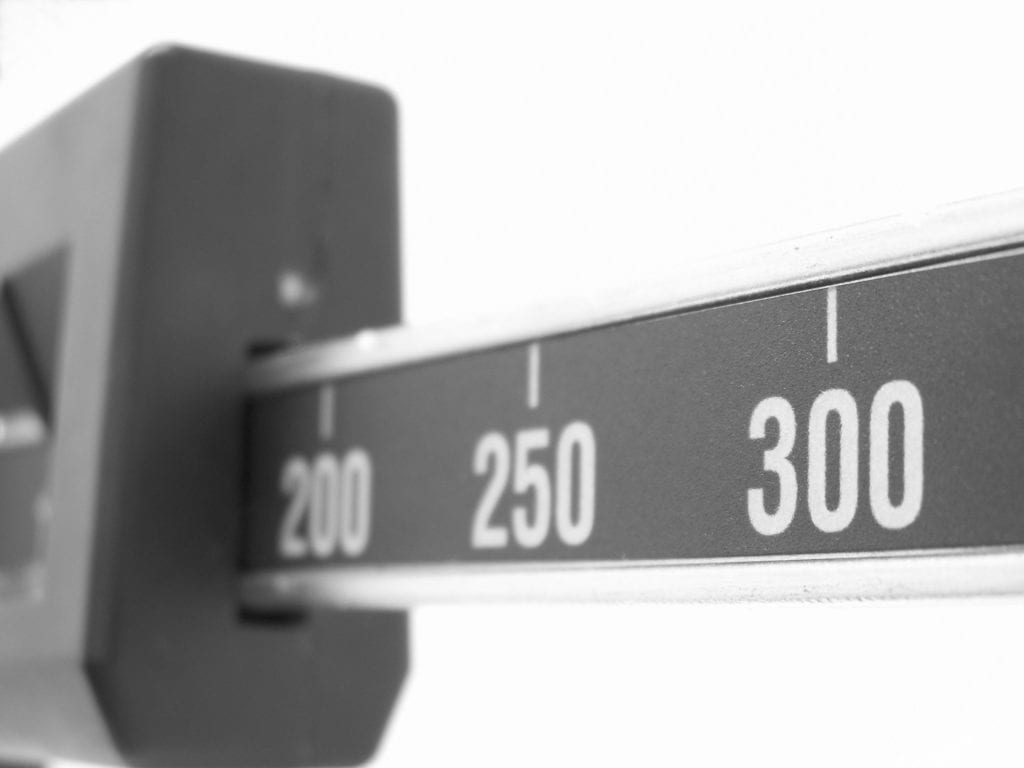
There’s something that happens to kids under the age of 6 after they get their tonsils removed. You may have noticed it personally, but children after surgery, tend to end up gaining weight. This weight gaining experience doesn’t happen in older patients, rather just those youthful folks we mentioned at the top.
A group of scientists at Johns Hopkins University who specialize in otolaryngology — head and neck surgery — have studied this. They looked at nearly 120 young ones in the Baltimore area. What popped-up was that they found an increase in their body mass index, or BMI, when the procedure was done at a very early age.
WHAT’S THE DEAL?
A fun fact: More than a half-million surgeries are performed every year in America to take out the swollen and sore tissues at the back of the throat. That’s not a lot when you think of other types of operations that go on in hospitals.
What the eggheads unveiled has become the first to dispel long-held beliefs where older folks pack on the pounds when their tonsils were removed as a first-line defense against sleep apnea. That’s when the bloated tissues obstruct breathing and ruin a good night’s sleep.
But under-sixers are at risk of getting a tad chubby when the tonsils are removed.
Still, they don’t know why this happens exactly.
FROM THE HORSE’S MOUTH
Take a look at this from one of America’s best hospital system in the U.S.:
“Senior study investigator, otolaryngologist and sleep medicine expert Stacey Ishman, M.D., M.P.H., says her team’s study findings, should help alleviate rising concerns among many parents whose adolescent children are already overweight that tonsillectomy may aggravate the problem; or start one in normal weight kids. Recent surveys have shown that record numbers of American children, as many as one-third, are overweight or obese.”
“Our study results show that parents’ current concerns about weight gain are serious, but only underweight or normal weight children between the ages of 2 and 6 are most likely to gain even more weight, not older children,” says Ishman, an assistant professor at the Johns Hopkins University School of Medicine.”
“Parents with overweight adolescent children need not fear tonsillectomy, and those with younger, normal weight and overweight children just really need to closely watch their child’s diet following surgery, and make caloric adjustments,” says Ishman, who has performed hundreds of the roughly 30-minute procedures that typically require a general anesthetic.”
WHAT YOU CAN EXPECT
It’s not like the child is going to expand like a balloon. Mostly they gain a couple of pounds which translates into a 1.0- to 1.2-point increase in averaged BMI scores. This sidebar: The gains were not dependent on whether the underlying condition was inflammation or sleep apnea. Only age mattered after discounting gender and height.
While it may seem small, Ishman says in these children’s small bodies, whose initial weight was between 22 and 60 pounds (or between 10 to 30 kilos), “a 10 percent weight gain can be quite worrisome.”
She is now focusing her team on why this happens to children under 6. The question is “why and how children’s age affects weight gain post-tonsillectomy.”
Now before you cancel the appointment with the surgeon, remember this. For well over a decade tonsillectomy is heartily recommended by the American Academy of Pediatrics as the primary treatment for obstructive sleep apnea. Sleeping aids and drug therapies are not always as promising.
Finally, this should warn you to keep the scheduled time on the child’s calendar. Much research has demonstrated if left untreated, sleep apnea hits hard. It can lead to long-term health problems. Big issues like lung and heart diseases. In some cases, unchecked, it might be the first step on the road to heaven. People occasionally die.
Trust us. A few pounds can be managed. A date with the ultimate destiny cannot.
Image Source: blog.beliefnet.com/watchwomanonthewall/files/2013/07/weight_scale.jpg

